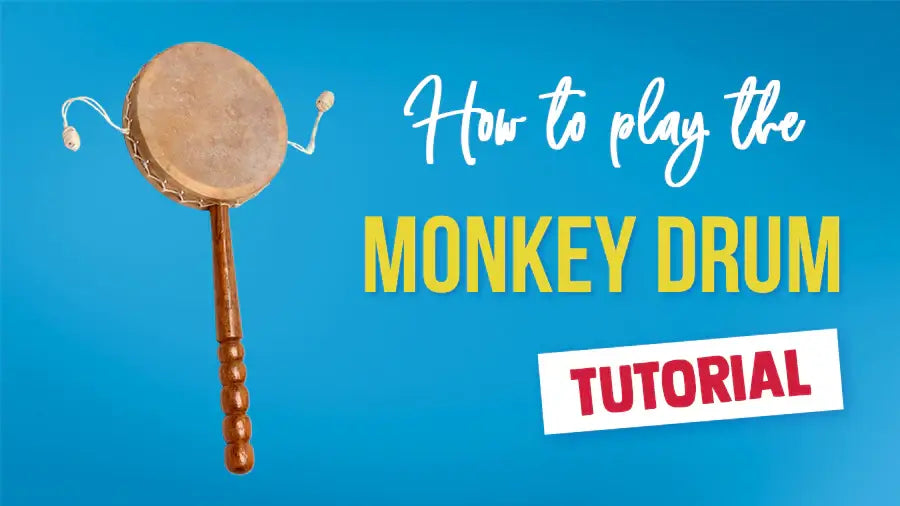Songwriting is one of the most creative and rewarding ways to express emotion, tell stories, and connect with others through music. Whether you’re writing your first song or refining your craft, learning the structure, techniques, and tools of songwriting can help transform ideas into complete, memorable songs. This complete guide breaks down everything beginners need to know—from basic structure and exercises to AI tools, career paths, and networking opportunities.
What Is Songwriting?
Songwriting is the craft of blending lyrics, melody, and harmony to tell a story through sound and emotion. Unlike poetry, it’s written to be performed, using rhythm and phrasing to connect with listeners on a deeper level. Most songs follow a familiar verse–chorus–bridge structure, though many writers experiment to stand out.
The key elements—theme, melody, rhythm, harmony, and emotion—form the foundation of all music. While you don’t need formal training, learning about rhyme, chord progressions, and song structure helps turn raw inspiration into powerful, memorable songs.
Songwriting Exercises and Activities
Regular songwriting practice helps boost creativity, improve self-expression, and overcome writer’s block. Try free writing for 10 minutes to spark ideas, or a rhyming challenge to build lyrical flow. Use songwriting prompts or online generators for inspiration, and rewrite familiar songs to experiment with new perspectives.
Even lyric games for kids can make learning structure and rhythm fun. These exercises help refine phrasing, strengthen storytelling, and develop your unique voice. For organization and focus, use downloadable songwriting worksheets or templates (PDFs) to structure lyrics, chords, and themes effectively.
Songwriting Structure and Techniques
A strong song structure gives your music shape, emotion, and memorability. The classic format—Verse → Chorus → Verse → Chorus → Bridge → Chorus (Outro)—balances storytelling with a powerful hook. Verses build the story, choruses deliver the emotional core, and bridges introduce contrast or a new angle to keep things fresh.
Effective songwriting also relies on repetition, metaphor, and dynamic shifts to create tension and release. By studying hit songs, you can learn how great artists craft melodies and lyrics that stay with listeners long after the final note.
AI and Songwriting Tools
AI and modern songwriting tools have made music creation easier and more inspiring than ever. Platforms like ChatGPTor Jasper AI can spark lyric ideas and song titles, while Soundful, Amper, and AIVA generate instrumental backdrops. For rhyming and lyric flow, tools like RhymeZone and LyricStudio are invaluable, and beginner-friendly DAWs such as BandLab, GarageBand, or Ableton Live help you compose and arrange songs.
While AI can’t replace genuine creativity, it’s a powerful co-writer—perfect for overcoming writer’s block and bringing your musical ideas to life when combined with traditional instruments and recording tools.
Songwriting Jobs and Career Opportunities
A career in songwriting offers diverse paths, from writing hits for artists to composing music for film, TV, and advertising. Opportunities thrive in creative hubs like Nashville, Los Angeles, London, and New York, but remote collaboration has opened global doors for writers everywhere.
Common roles include staff songwriter, ghostwriter, film or ad composer, lyricist, and music publisher. Income often comes from royalties, publishing splits, and performance rights through organizations like PRS, ASCAP, or BMI. Many newcomers also gain experience through internships, grants, or scholarships, building portfolios and industry connections that turn passion into a sustainable songwriting career.
Songwriting Events and Networking
Networking is one of the most powerful ways to grow as a songwriter. Attending festivals, workshops, and retreatshelps you connect with collaborators, mentors, and industry professionals who can open doors to new opportunities. Major events like the Nashville Songwriting Festival, London Songwriting Festival, and ASCAP/BMI workshops offer valuable learning and exposure, while online communities on Discord, Reddit, and Facebook make it easy to network globally.
Entering contests such as the International Songwriting Contest (ISC) or UK Songwriting Contestcan also boost visibility and credibility, helping your music reach a wider audience.
Songwriting Courses and Education
You don’t need formal education to become a great songwriter, but structured learning can fast-track your growth. Leading programs like Berklee College of Music, NYU Steinhardt, and BIMM Institute offer world-class songwriting degrees, while online platforms such as Coursera, Udemy, and MasterClass provide accessible courses taught by professionals.
Workshops, retreats, and mentorships in 2025 also offer valuable hands-on experience. Keep a songwriting journal or use digital tools to capture lyrics and melodies as they come. Songwriting blends creativity, skill, and emotion—so stay consistent, curious, and connected. Every great song starts with one line—yours could be next.







